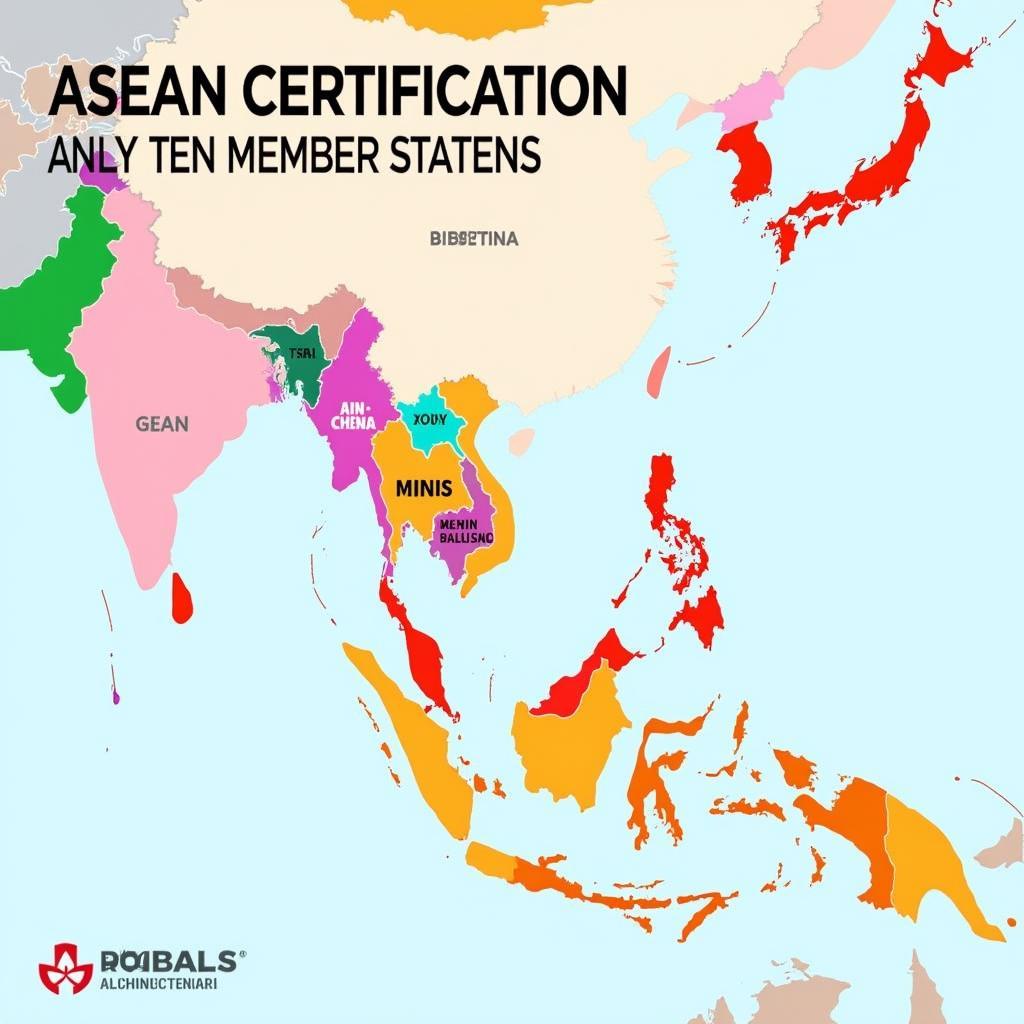The ASEAN Scorecard is a crucial tool for assessing progress and identifying areas for improvement within the diverse landscape of the Association of Southeast Asian Nations (ASEAN). This comprehensive framework provides valuable insights into various aspects of ASEAN integration, allowing stakeholders to track achievements and address challenges effectively. By understanding the scorecard’s mechanisms and implications, we can unlock its potential to drive positive change and foster greater cooperation among member states. Learn more about ASEAN corporate governance initiatives in the 2017 asean corporate governance scorecard assessment.
Understanding the Purpose of the ASEAN Scorecard
The ASEAN Scorecard plays a vital role in monitoring the implementation of key agreements and initiatives across different sectors, including trade, investment, connectivity, and human capital development. It provides a transparent and objective measure of progress, facilitating evidence-based decision-making and promoting accountability among member states. Through its comprehensive framework, the scorecard allows for a clear evaluation of the effectiveness of ASEAN’s policies and programs, contributing to a deeper understanding of the region’s evolving dynamics.
What are the key benefits of the scorecard? The ASEAN Scorecard offers a range of benefits for governments, businesses, and civil society organizations. It fosters a shared understanding of the goals and objectives of ASEAN integration, promoting greater collaboration and alignment of efforts. By tracking progress and identifying bottlenecks, the scorecard helps prioritize areas for action and facilitates the development of targeted interventions. Furthermore, it strengthens transparency and accountability by providing a public platform for monitoring performance and measuring impact. Explore the asean aec scorecard to learn more about how the scorecard contributes to achieving the ASEAN Economic Community (AEC) Blueprint.
Different Types of ASEAN Scorecards
There isn’t just one single “ASEAN Scorecard”. Several scorecards exist, each focusing on specific areas of ASEAN integration. For example, the ASEAN AEC Scorecard tracks progress towards establishing the ASEAN Economic Community, while others focus on corporate governance, infrastructure development, or human rights. This multifaceted approach allows for a more nuanced and comprehensive assessment of ASEAN’s performance across a broad range of areas.
What is the ASEAN AEC Scorecard? This scorecard specifically monitors progress towards realizing the ASEAN Economic Community Blueprint. It covers areas such as free flow of goods, services, investment, skilled labor, and capital.
How the ASEAN Scorecard Works
The ASEAN Scorecard typically employs a set of indicators to measure progress against predetermined targets. These indicators can be quantitative, such as trade volume or investment flows, or qualitative, such as policy reforms or institutional capacity building. Data is collected from various sources, including government agencies, international organizations, and private sector stakeholders. The scorecard then aggregates this data to provide an overall assessment of ASEAN’s performance.
How are scorecard results used? The results of the ASEAN Scorecard are used to inform policy discussions, identify best practices, and promote peer learning among member states. They also serve as a valuable tool for engaging with external partners and showcasing ASEAN’s achievements to the international community.
Challenges and Opportunities in Implementing the ASEAN Scorecard
While the ASEAN Scorecard offers significant potential, its implementation also faces challenges. Data collection can be complex and time-consuming, particularly in areas where information is not readily available. Ensuring data comparability across different member states can also be difficult, given the diverse levels of development and statistical capacity within the region. The ASEAN Corporate Governance Scorecard, for example, highlights progress and challenges in corporate governance standards among listed companies. Find more about ASEAN Corporate Governance initiatives on the acmf asean cis page.
Despite these challenges, the ASEAN Scorecard remains a valuable tool for promoting regional integration and development. By addressing data gaps and strengthening analytical capacity, ASEAN can further enhance the scorecard’s effectiveness and ensure its continued relevance in the years to come. You can learn more about the financial landscape in ASEAN countries by exploring the resources available on accounting in asean.
Conclusion
The ASEAN Scorecard provides a crucial framework for monitoring progress and driving positive change within ASEAN. By understanding its mechanisms and implications, we can harness its potential to foster greater cooperation and achieve the goals of regional integration. The scorecard helps to measure progress on various fronts and promotes transparency and accountability among ASEAN member states. For information on ASEAN university admissions, you might find the ase admitere 2017 rezultate relevant.
Expert Insights:
- Dr. Maria Santos, Economist, ASEAN Institute for Regional Integration: “The ASEAN Scorecard is a vital instrument for promoting evidence-based policymaking in the region. It helps to identify areas where progress is lagging and provides valuable insights for targeted interventions.”
- Mr. John Lee, CEO, ASEAN Business Council: “The scorecard provides businesses with a clear understanding of the progress being made towards regional integration. This helps us to make informed investment decisions and contribute to the growth of the ASEAN economy.”
FAQ:
- What is the main purpose of the ASEAN Scorecard?
- How are the results of the scorecard used?
- What are some of the challenges in implementing the scorecard?
- How does the scorecard contribute to ASEAN integration?
- Where can I find more information about specific ASEAN Scorecards?
- How does the scorecard benefit businesses operating in ASEAN?
- What is the future direction of the ASEAN Scorecard?
For further assistance, please contact us at Phone Number: 0369020373, Email: [email protected] or visit our address: Thon Ngoc Lien, Hiep Hoa, Bac Giang, Vietnam. We have a 24/7 customer service team.

